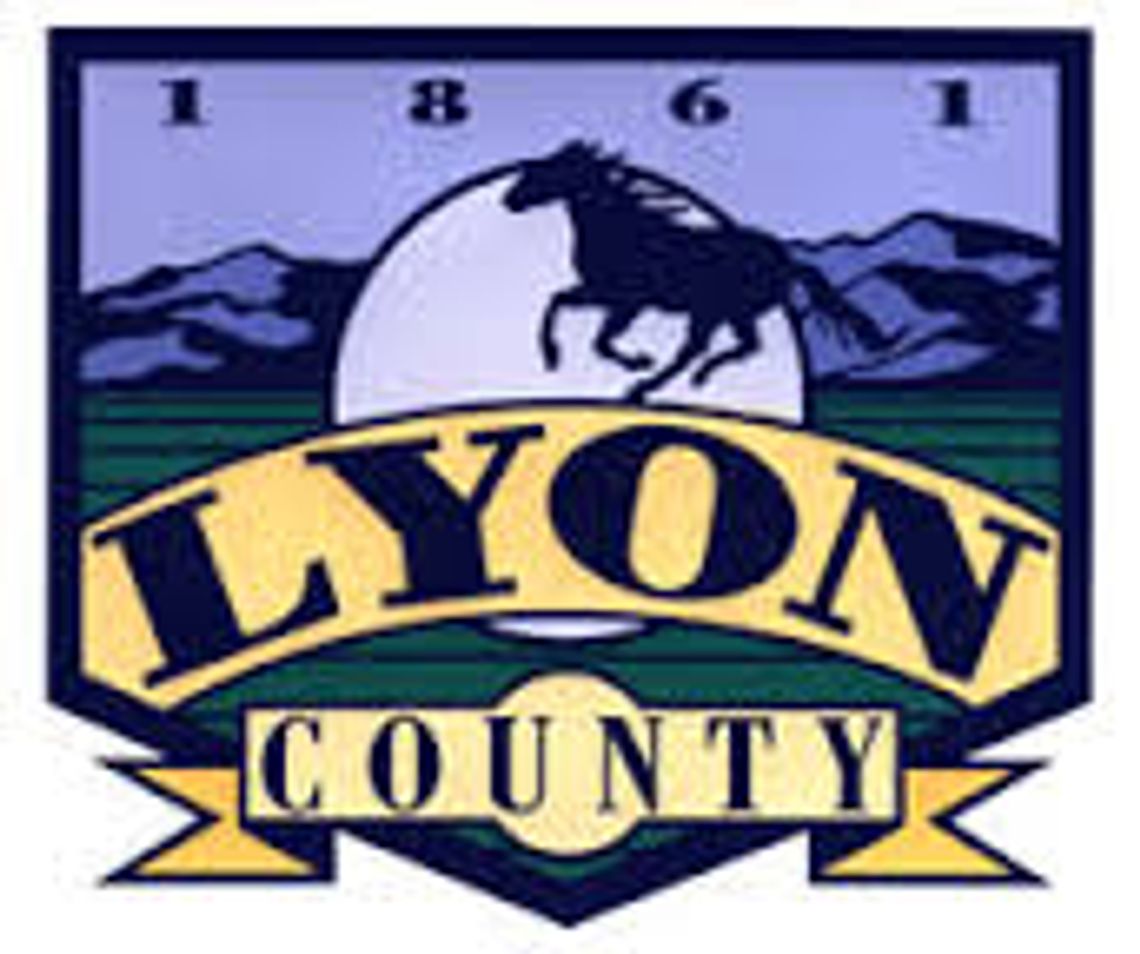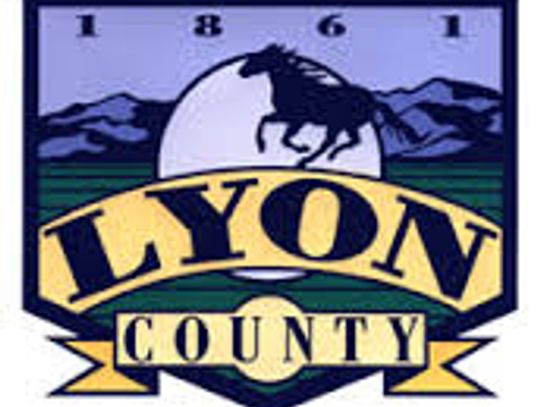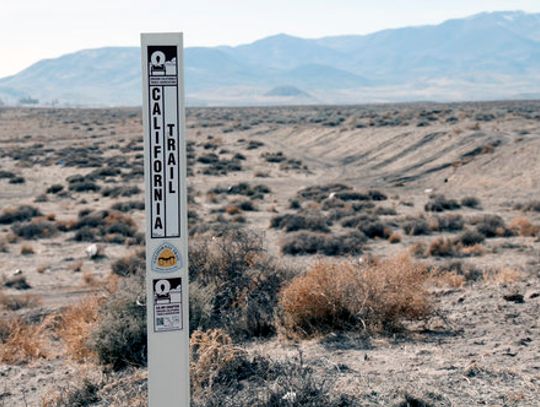Robert Perea, The Fernley Reporter
The Nevada Attorney General’s Office issued a ruling on Jan. 16 that it has determined the Lyon County Commission violated the Nevada Open Meeting Law on three occasions in 2021.
The ruling on a complaint filed by Tony Stephenson, chairman of the Lyon County Democratic Party, on behalf of the Lyon County Democratic Central Committee.
The AG’s Office found that on March 4, March 28 and May 20, all in 2021, the Commission placed on its agenda “Discussion and direction to staff and Legislative Coalition Members regarding legislation or legislative issues proposed by legislators or by other entities permitted by the Nevada State Legislature to submit bill draft requests, or such legislative issues that may impact Lyon County as may be deemed appropriate by the Board of County Commissioners.”
At the March 4, 2021 meeting, the Board discussed the Governor’s Innovation Zone and ultimately authorized the Board Chair to sign a letter to be sent to the Governor’s Legislative Delegation opposing the same. The Board also discussed and approved sending a letter opposing a bill related to Tiny Homes, Bill No. 150.
During the Board’s March 18, 2021, meeting, the Board discussed and voted to oppose Assembly Bill 286 in its entirety.
During the Board’s May 20, 2021, meeting, the Board discussed provisions in Assembly Bill 286 that were removed and inserted into Senate Bill 452. The Board instructed its County Manager to draft letters to send to the legislature.
“In reviewing the materials provided during the investigation of this matter, the Board did not simply receive a legislative update and engage in discussion on various legislation then-currently pending with the Nevada Legislature that affected Lyon County. Rather, the Board went further and took action to either support or oppose such legislation. Had the Board engaged solely in discussion and provided a general legislative update on the legislation brought up during the meetings, it is possible that a violation would not have occurred. Alternatively, had the Board listed the topics or legislative issues the Board intended to take a position on, a violation may not have occurred,” the AG’s office ruled.
The AG’s office recommended that in the future, “to the extent that a public body plans to affirmatively take a position on specific legislation, the public body should list the bill or topic of legislation on its agenda so that the public is aware that possible action may take place.”
The AG’s Office also required that the Commission include an item on its agenda acknowledging the findings by the AG. The Commission did that on its Feb. 2 agenda.









Comment
Comments